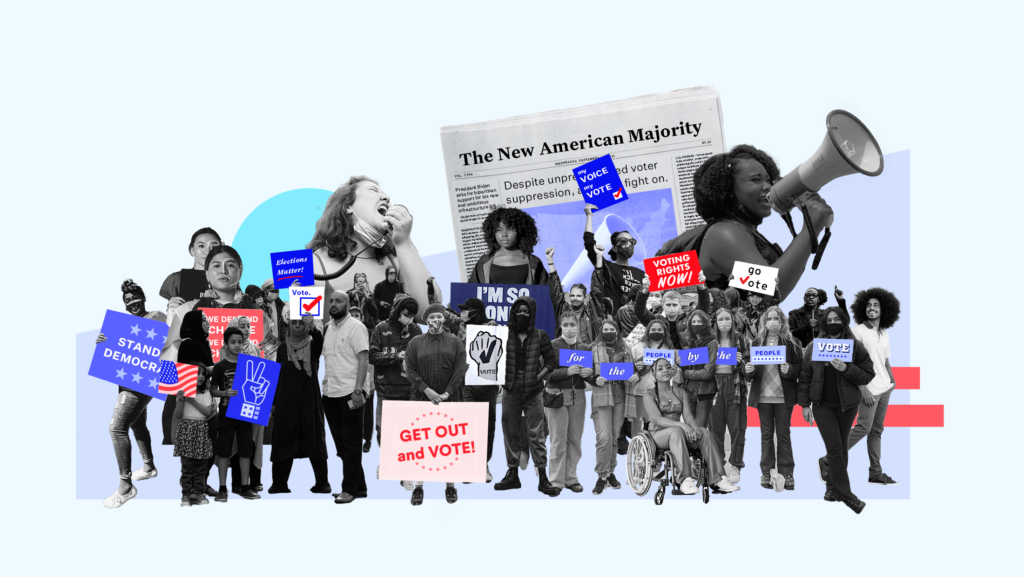
Young voters often face unique obstacles when it comes to participating in the democratic process. However, they represent a crucial voting bloc with the potential to influence elections and shape the future of their communities. Mobilizing young voters requires innovative strategies and targeted efforts to overcome the barriers they encounter. In this article, we will explore effective strategies to engage and mobilize young voters.
The Importance of Mobilizing Young Voters
Before delving into strategies, it is essential to understand why mobilizing young voters is crucial for a healthy democracy:
Key Reasons:
- Representation: Young voters deserve to have their voices heard and their interests represented in government.
- Ideological Diversity: Young voters bring fresh perspectives and ideas to the political landscape, diversifying the issues that are prioritized.
- Impact: When mobilized, young voters can sway election outcomes and hold elected officials accountable for addressing their concerns.
Strategies to Mobilize Young Voters
Educational Initiatives
Educating young voters about the importance of civic engagement and the voting process is crucial for increasing their participation. Here are some effective strategies:
- Integrating civics education into school curricula to instill a sense of civic responsibility from a young age.
- Organizing voter registration drives in high schools, colleges, and community centers to make the registration process accessible and convenient.
- Partnering with educational institutions to host mock elections and debates to engage students in the political process.
Digital Outreach
Youth are particularly active online, making digital outreach an effective way to connect with them. Here are some strategies for leveraging digital platforms:
- Utilizing social media to share voter registration information, election updates, and voter guides.
- Creating engaging and shareable content, such as videos, infographics, and memes, to make political information more accessible and relatable.
- Collaborating with influencers and content creators to reach a wider audience of young voters.
Community Engagement
Building relationships within the community can help mobilize young voters and foster a sense of belonging. Here are some community engagement strategies:
- Partnering with local organizations, such as youth clubs, community centers, and faith-based groups, to reach out to young voters.
- Hosting town hall meetings, community forums, and listening sessions to understand the issues that matter most to young voters.
- Volunteering for local initiatives and projects to demonstrate the impact of civic engagement on the community.
Candidate Outreach
Connecting with young voters through candidates and political figures they relate to can increase engagement. Here are some candidate outreach strategies:
- Encouraging young candidates to run for office and represent the interests of their peers.
- Organizing meet-and-greet events and town halls with candidates to allow young voters to ask questions and engage in meaningful discussions.
- Highlighting candidates' stances on issues that are important to young voters, such as student debt, climate change, and healthcare.
Conclusion
Mobilizing young voters is essential for a vibrant and inclusive democracy. By implementing educational initiatives, digital outreach, community engagement, and candidate outreach strategies, we can break barriers and empower young voters to actively participate in the democratic process. Remember, the future of our democracy lies in the hands of the next generation, and it is up to us to ensure they have the tools and motivation to make their voices heard.


